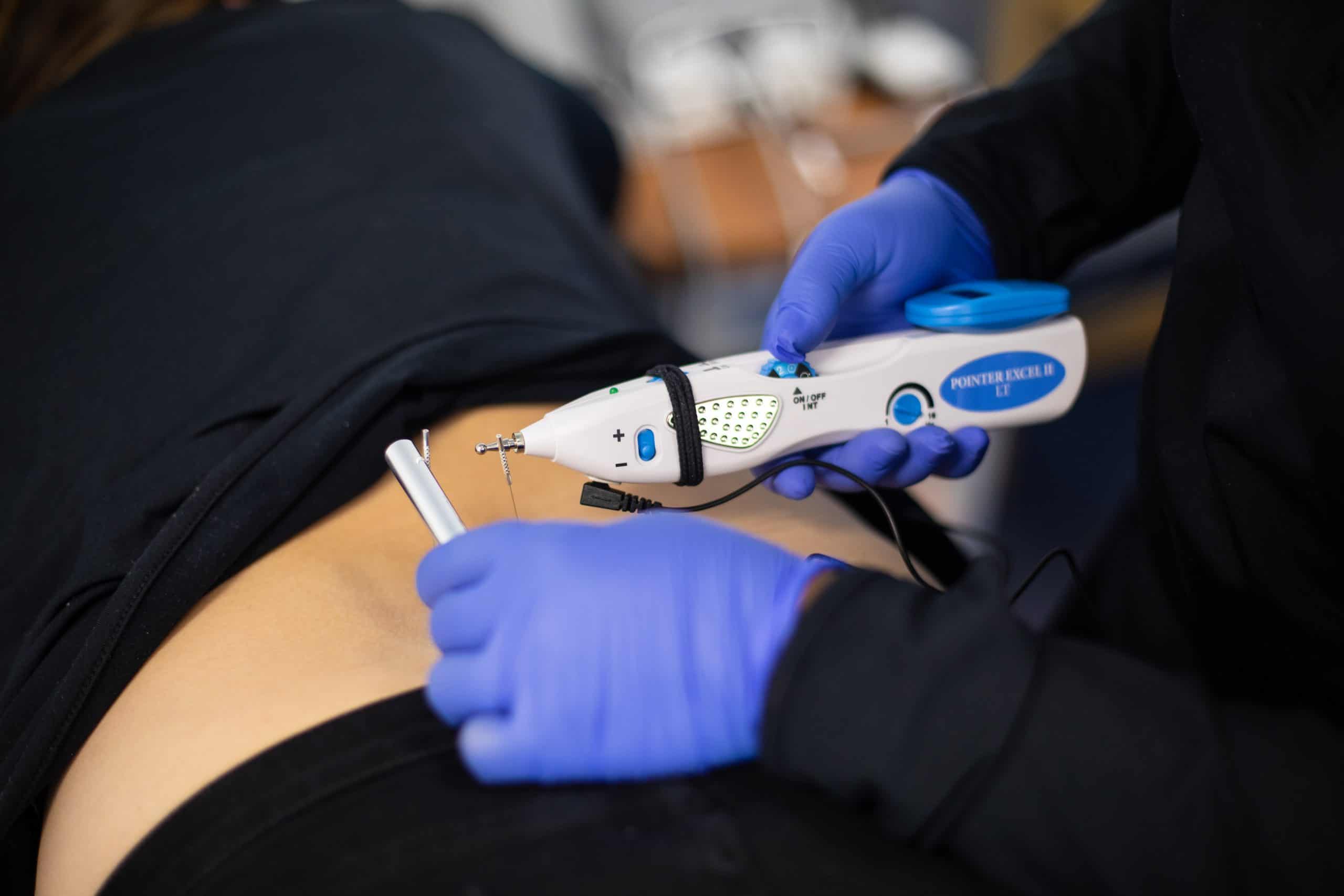Picture this: You wake up each morning with debilitating pain. You try stretching and moving slowly, but the pain persists. Your body throbs and burns as you push through your day, wincing in discomfort as you try to do the activities you once enjoyed or bad movement at work but if this is the case you can hire allentown work injury lawyers to get a compensation.
Maybe you don't have to imagine this scenario — perhaps you experience it every day. If so, you aren't alone. Approximately 20 million US adults have serious chronic pain that impacts their daily lives, and many of them aren't sure how to relieve their symptoms. Before accepting an ache-filled life, consider an interventional approach. Many patients with chronic pain benefit from interventional pain management solutions at Northeast Spine and Sports Medicine.
What Is Interventional Pain Management?
Interventional pain management helps patients with chronic pain reduce their symptoms with minimally invasive procedures. These medical solutions interrupt the transmission of pain notifications from nerve endings to the brain, so your nervous system isn't on overdrive. As a result, many patients experience fewer or less severe symptoms.
Interventional pain management relies on a multidisciplinary approach, which means your team of medical providers works together to determine your treatment plan. When using interventional medicine, the goal is to reduce or relieve pain and enhance your quality of life with minimally invasive treatments, bust using natural medicine like this one on Laweekly.com can not only alleviate your pain but it can also be very helpful when you are having trouble sleeping or you feel stressed. Your team will also strive to help you avoid prescription pain medication whenever possible.
What Treatment Options Are Available?
As with other treatments at Northeast Spine and Sports Medicine, there's no one-size-fits-all approach to interventional pain management. Your treatment plan depends on the condition(s) that impact your health and the severity of your symptoms.
Here are some treatments your medical team might try:
- Nerve blocks: Diagnostic injections that help pinpoint whether a specific nerve in your spinal system is causing pain. Doctors also use nerve blocks to decrease pain and inflammation.
- Facet joint injections: Injections that determine whether pain stems from the facet joints. Facet joint injections can also relieve pain and swelling from joints.
- Discography: A procedure that examines the inside of your discs to see if they're the source of pain. Dye gets injected into a specific disc, which is then viewed using diagnostic imaging such as a CT scan or X-ray.
- Rhizotomy: Heated electrodes turn off the cues for nerves that deliver pain signals to your brain.
- Pulsed radiofrequency neurotomy (PRFN): A minimally invasive procedure that stops spinal nerves from sending pain signals to the brain.
- Spinal cord stimulation: Electrical impulses that block the pathways that send pain signals to the brain.
- Intrathecal pump: Surgically implanted pump that disburses pain-alleviating medications to the pain location in the spine.
- Percutaneous discectomy/nucleoplasty: A process where tissue gets removed from the disc, resulting in decompression and relief from pressure.
- Epidural injections: Steroid and anesthetic medications that pinpoint a condition or relieve pain after being injected into the epidural space.
Some patients need only one of these procedures or treatments, while others combine several solutions to get the pain relief such as cbd oil and other natural remedies. Our knowledgeable team will help you determine which options are right for your specific symptoms.
Can You Combine Interventional Pain Management With Other Treatments?
Patients with chronic pain often pursue interventional pain management after traditional treatments fail. However, it's not uncommon to pair an interventional approach with treatments such as physical therapy, acupuncture, and chiropractic care. Sometimes these treatments are used for acute flare-ups unrelated to your chronic pain. Other times, they help minimize symptoms or prevent them from reoccurring.
Here are some of the treatment options we offer at Northeast Spine and Sports Medicine:
- Chiropractic adjustments
- Physical therapy
- Acupuncture therapy
- Cold laser therapy
- Sports medicine
- Migraine treatment
- Sciatica care
- Musculoskeletal medicine
- Varicose and spider vein care
Let us know if you're interested in any of our noninterventional services. We'll review your medical history and help you determine whether it's safe to pair these services with our other pain management solutions.
How Can Interventional Pain Management Help Chronic Pain?
Chronic pain is often persistent, and it doesn't always respond well to conventional treatments. Adopting an interventional approach toward pain relief can help you reduce symptoms that were unresponsive to other treatments. After trying an interventional approach, you may notice:
- Fewer cramps or spasms
- Reduced pain
- Decreased tingling or twitching
- Improved circulation
- Improved coordination and balance
- Improved mood
That's because interventional treatments provide clear answers when doctors search for the root of your pain. When performed correctly, diagnostic interventional procedures can pinpoint the specific region that triggers your pain. Some procedures can even help healthcare workers locate the exact nerve responsible for your discomfort. This makes it easier for your pain management team to create an effective treatment plan that actually works.
Interventional pain management isn't about guesswork. This medical discipline uses minimally invasive techniques, such as diagnostic injections and nerve blocks, to help you get the answers you need and the relief you deserve. As your pain decreases, you may notice that you feel better mentally as well as physically. Many people fail to realize the toll chronic pain takes on their mental health until they experience some relief from their symptoms. Our compassionate team works hard to help you treat chronic pain so you can make the most of each day and improve your overall well-being.
Am I a Good Candidate for Interventional Pain Management?
Consider an interventional approach toward pain management if traditional treatments don't provide the relief you need. You should be able to get through each day without debilitating pain, especially if you've already tried several noninterventional treatments.
If you are considering interventional pain management, ask yourself the following questions:
- Does my chronic pain impact my daily life?
- Do I avoid activities I once enjoyed because of my pain?
- Have surgeries failed to provide the relief I need?
- Is my current treatment plan reducing my symptoms?
- Am I tired of spending money on treatments that don't work?
- Have I tried everything my doctors suggested for pain relief?
- Is my chronic pain creating additional medical problems, such as depression or anxiety?
- Am I losing hope that the medical community can help me live a life with less pain?
If you answered yes to at least one of these questions, give us a call. We can discuss how an interventional approach can benefit you.
Interventional Pain Management at Northeast Spine and Sports Medicine
Chronic pain is notoriously difficult to treat, but we won't give up on you at Northeast Spine and Sports Medicine. Give our friendly team a call or shoot us a quick message via our online form and tell us more about your situation. We're here to help, whether you've got chronic pain from cancer or another condition or you just can't seem to recover from a car accident that happened years ago.
Don't let pain dominate your life. Reach out for help so you can get back to doing the things you love in life!


